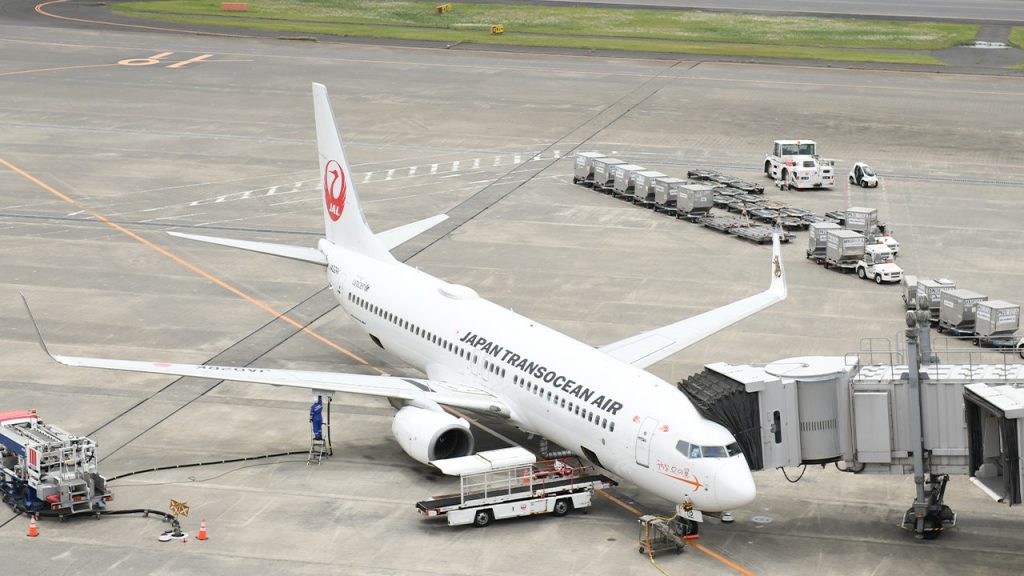Japan Airlines had to ground a flight from Dallas to Tokyo after a noise complaint in the hotel revealed that the captain had been drinking excessively the night before. The 49-year-old pilot was allegedly drinking with crew members, which led to several complaints from guests about their behavior in the hotel lounge and a hotel room. Police were called to the scene around 2 a.m. and issued a warning to the pilot. While the pilot did not violate the airline’s guidelines about drinking within 12 hours of liftoff, the flight was canceled for the need to assess the captain’s physical and mental well-being.
The airline confirmed that the pilot did consume alcohol, but there was a sufficient interval between the consumption and the scheduled duty time. Despite this, Japan Airlines was unable to find a replacement pilot in time for the flight’s departure, leading to its cancellation. Passengers on the flight were then transferred to an American Airlines flight, although it is unclear if they experienced any delays. Japan Airlines issued a statement apologizing to the customers involved in the flight cancellation and promised to implement measures to prevent similar incidents from occurring in the future and to work on restoring trust in the airline.
This incident highlights the importance of airline regulations and guidelines regarding alcohol consumption by pilots and crew members. While the pilot did not exceed the allowed limit before the scheduled flight, the airline’s decision to cancel the flight was based on the assessment of the captain’s physical and mental well-being. The safety and well-being of passengers are the top priorities of airlines, and incidents like this serve as a reminder of the strict standards that must be upheld by all crew members.
The incident also raises concerns about the culture within the airline industry and the responsibility of crew members to uphold professional behavior both on and off duty. The behavior of the pilot and crew members in the hotel lounge and room was enough to warrant complaints from guests, leading to police involvement. This incident serves as a wake-up call for airlines to ensure that all crew members are held accountable for their actions and to implement measures to prevent similar incidents from occurring in the future.
Passengers who were affected by the flight cancellation were transferred to an alternative flight with American Airlines, although it is unclear if they experienced any delays as a result. Japan Airlines expressed its regret for the inconvenience caused to the customers and emphasized its commitment to implementing measures to prevent similar incidents. Restoring trust in the airline is crucial, and Japan Airlines will need to demonstrate its dedication to ensuring the safety and well-being of its passengers through transparent communication and adherence to strict safety protocols.
Ultimately, incidents like this serve as a learning opportunity for airlines to review and reinforce their policies and procedures regarding alcohol consumption by crew members and to ensure that all employees adhere to the highest standards of professionalism. The impact of such incidents goes beyond just flight cancellations and inconveniences for passengers – it also affects the reputation and trustworthiness of the airline. By taking decisive actions to address the incident and prevent future occurrences, Japan Airlines can demonstrate its commitment to the safety and well-being of its passengers and work towards rebuilding trust within the airline industry.


